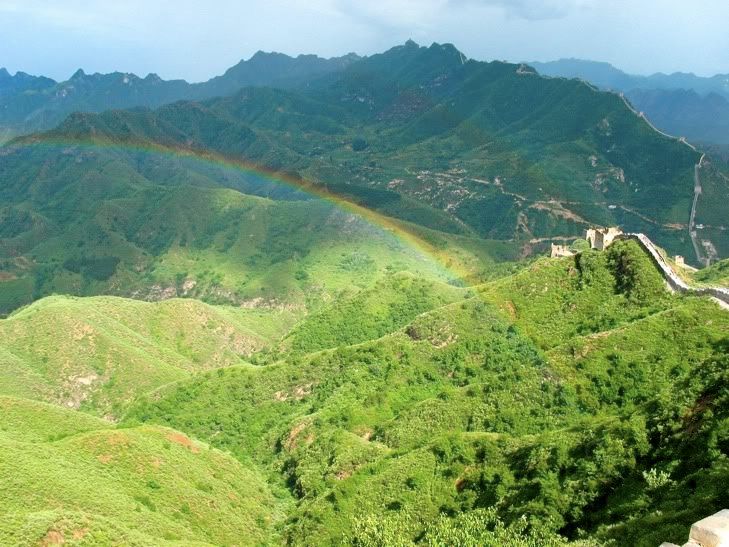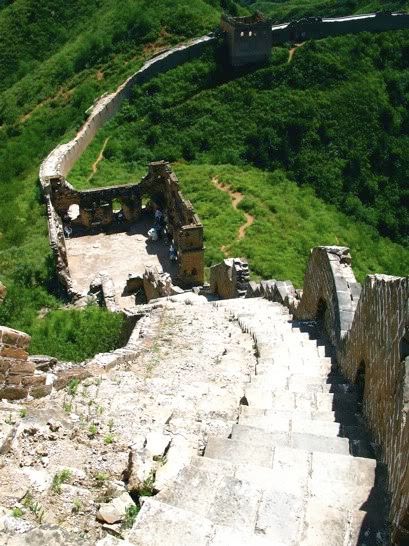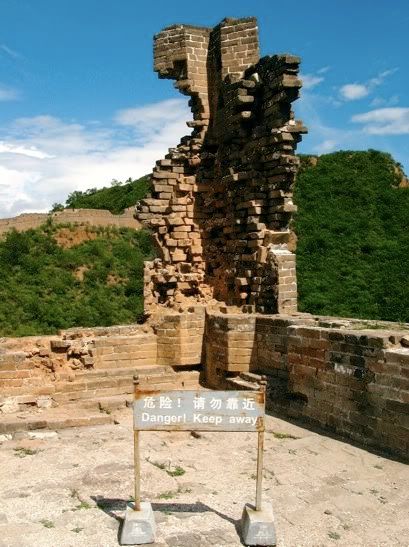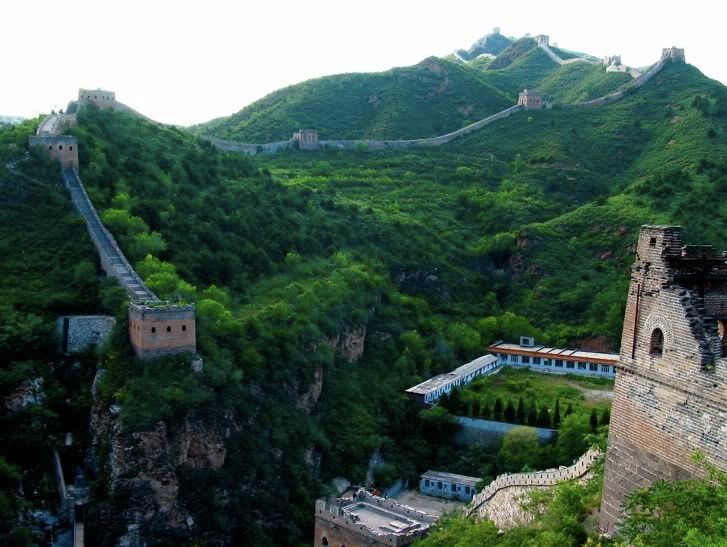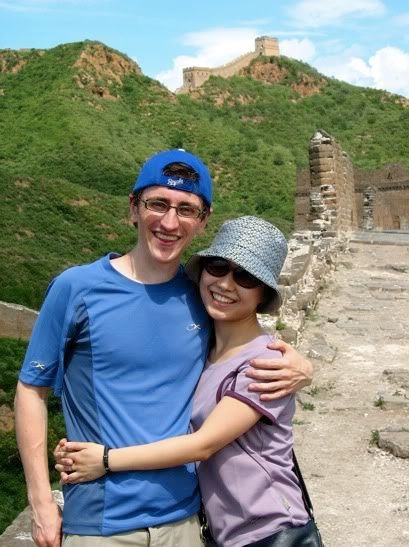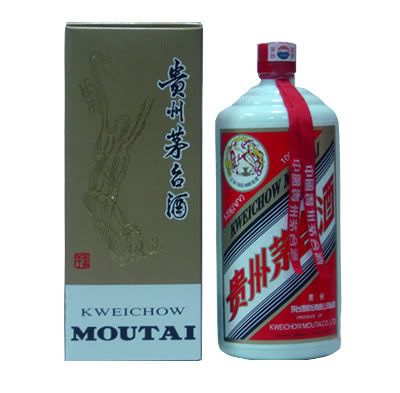Last night, I adminstered a pub quiz at
my favorite bar in Xi'an.
It was a lot of fun researching the questions and reading the quiz. I got a really good response from the teams that participated. Each team had four people on it. In total, six teams competed.
I'm going to post the quiz below. If you're bored at work or have nothing else better to do, this very well could take up a half hour of your day.
The quiz was designed for foreigners from North America or Britain living or traveling in China. You, of course, can't use the internet to help find the answers.
I'll post the answers in the comments section of this post.
Enjoy!
Mark's Pub Quiz: July 9, 20091.
Thriller is the best-selling album of Michael Jackson's catalog. What is the second best-selling Michael Jackson album of all-time?
2. What are the three totalitarian super-states featured in the novel
1984?
3. Which southern Chinese "Special Economic Zone" city went from a population of 25,000 in 1979 to 8.6 million at the end of 2007?
4. Name 3 James Cameron-directed films that have grossed more than $100 million worldwide.
5. What is the freezing point of water, in Farenheit?
6. In terms of traffic, what is the most popular website in China?
7. Which country, on average, has the tallest people on Earth?
8. How many Paramount Leaders of the People's Republic of China have there been since the country was founded on October 1, 1949?
9. Cassius Clay is better known by what name?
10. Which corporation has the largest number of employees in the world?
11. What character did Robert Duvall play in the films
The Godfather and
The Godfather, Part II?
12. How often is Halley's Comet visible from Earth?
13. What make of car was Princess Diana riding in when she was killed in 1997?
14. How many bones are in the typical adult human body?
15. Name the three largest provinces and/or autonomous regions in China in terms of land size. Order doesn't matter.
16. Name three of the four sitting US presidents to be assassinated.
17. In what industry did the bin Laden family make its fortune in Saudi Arabia?
18. Which country has the largest AIDS population?
19. The oldest certified individual animal in recorded history was named Tui Malila. The animal was born in 1777 and died in 1965. What kind of animal was it?
20. In what year was China's one-child policy implemented?
21. What does the acronym "DVD" stand for?
22. On
The Simpsons, what country is Groundskeeper Willy from?
23. What is the smallest planet in our solar system?
24. What is the deepest fresh water lake in the world?
25. Which prolific rock musician created the albums
Joe's Garage,
Sheik Yerbouti, and
Wacka Jawaka in the 1970s?
26. In what year was the United Nations formed?
27. Which philosopher famously wrote, "I think, therefore I am?"
28. Which Pulitzer and Nobel Prize winning novel is based on the Joad family during the Great Depression?
29. July 20th of this year marks the 40th anniversary of Apollo 11 and the first manned-mission to the moon. Who was the first astronaut to exit the ship and walk on the moon?
30. In the poker game Texas Hold 'Em, what is the strongest starting hand?
Answers in the comments section.

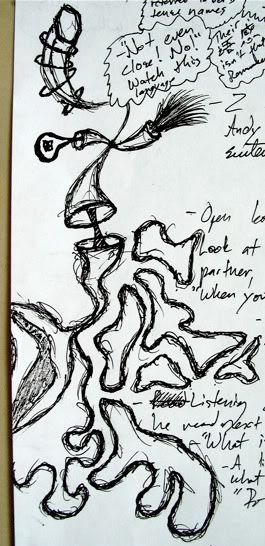

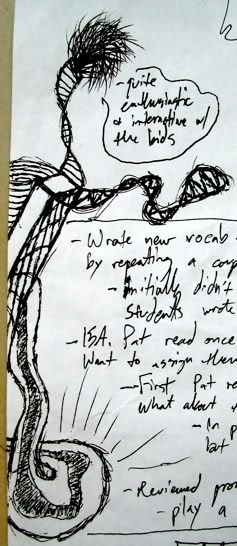
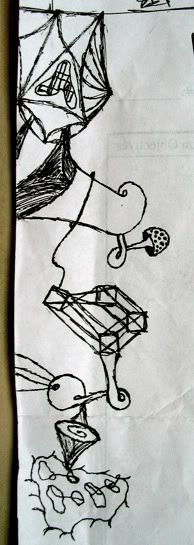


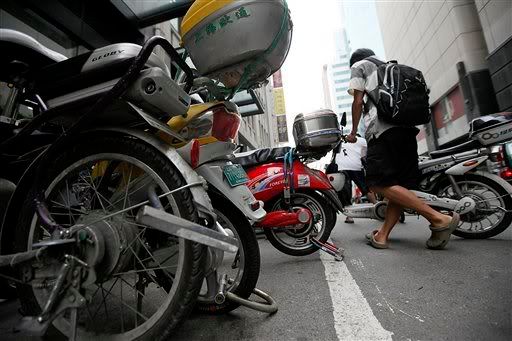









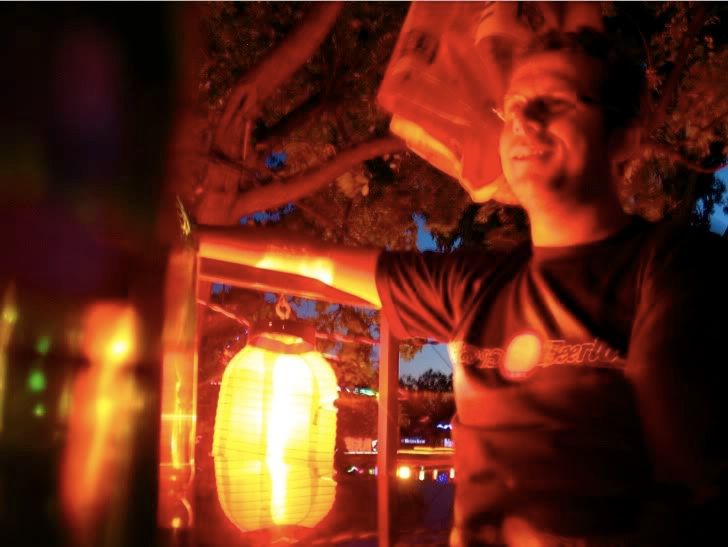



 CHICAGO (Reuters) - Chinese basketball star Yao Ming's foot surgery will keep him out next season, but the National Basketball Association will not feel the pain in China because the U.S. sports league has grown beyond any one player there, analysts said on Friday.
CHICAGO (Reuters) - Chinese basketball star Yao Ming's foot surgery will keep him out next season, but the National Basketball Association will not feel the pain in China because the U.S. sports league has grown beyond any one player there, analysts said on Friday.



